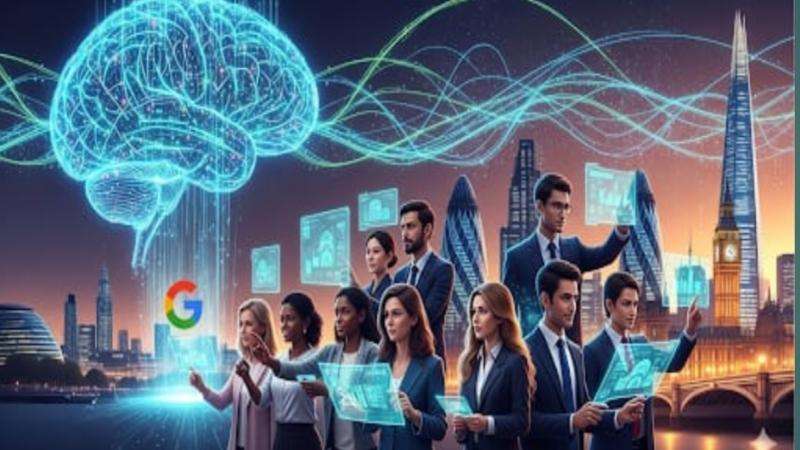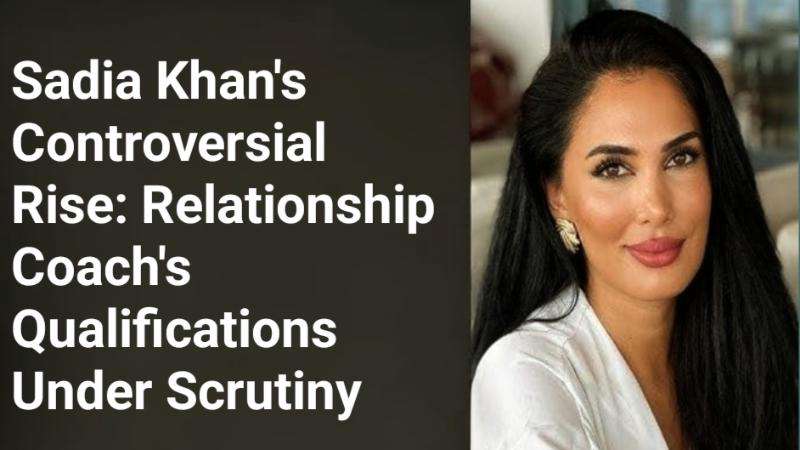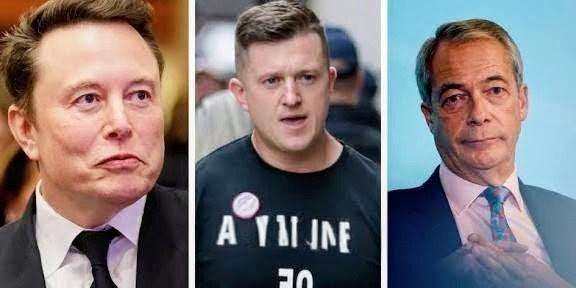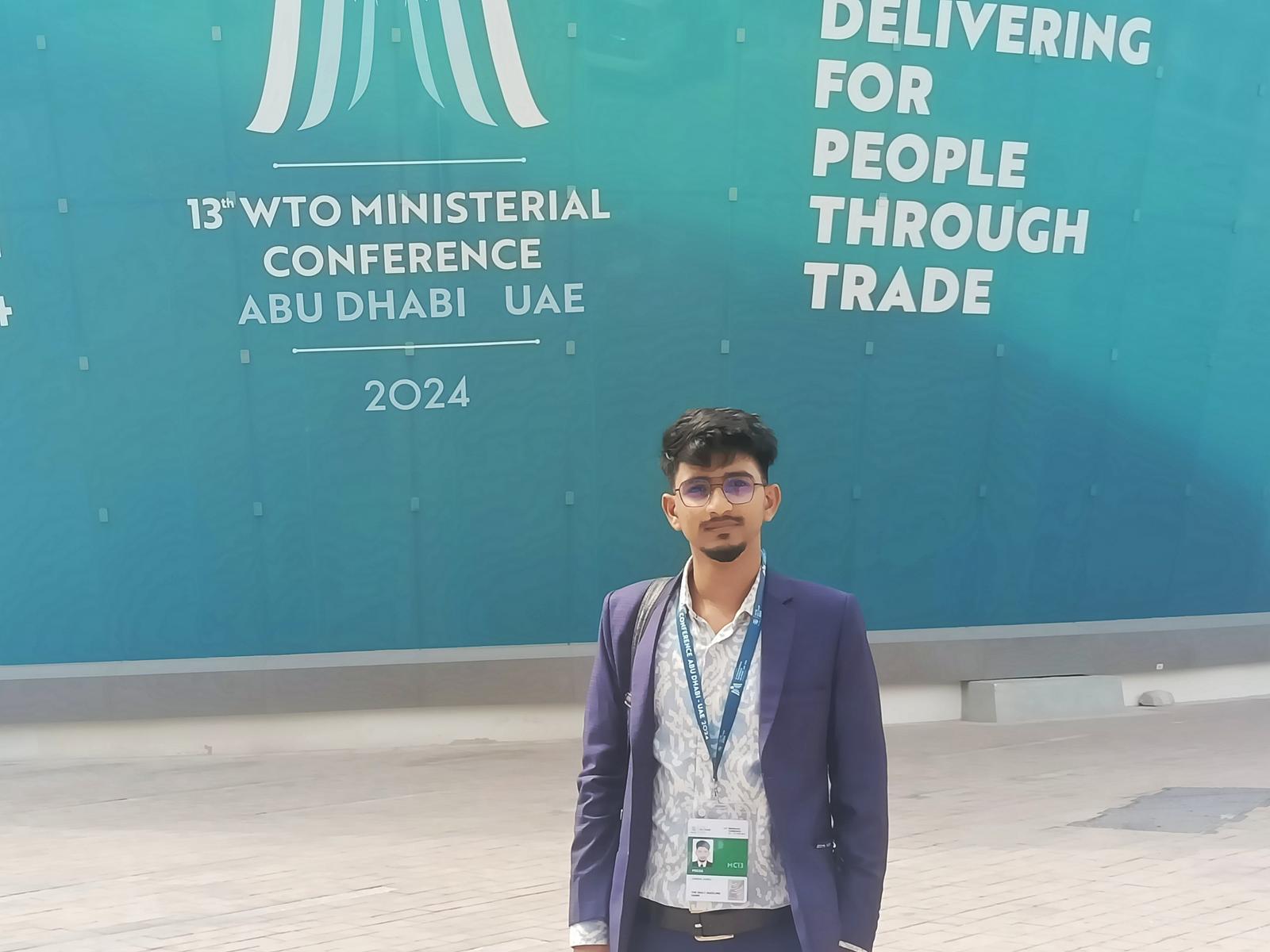The world is seeing a rise in extremism, displayed in diverse ways across different areas. This includes the oppression of minority groups in India, violent unrest in the UK, and the ongoing genocide in Gaza. This trend indicates a worrying shift towards dangerous behaviours. Growing intolerance, driven by political goals, false information, and ingrained biases, is generating a tense global environment that threatens peace and stability.
India’s Minority Muslims Under Attack: Using Anti-Muslim sentiment
India, the world’s largest democracy, has been grappling with a surge in religious extremism, particularly targeting its Muslim minority. Reports of lynching, discriminatory laws, and violent attacks on Muslims have become distressingly common. The implementation of the Citizenship Amendment Act (CAA) and the National Register of Citizens (NRC) has raised concerns about the systematic exclusion of Muslims from Indian citizenship rights. Communal violence, often incited by political rhetoric, has created an environment where minorities live in fear of persecution.
The recent demolition of Muslim homes and places of worship under the guise of ‘illegal encroachments’ is yet another example of state-sponsored oppression. With mob attacks increasing and justice frequently denied, the Muslim community in India is facing an existential crisis, reminiscent of historical religious purges that have left societies deeply scarred. The role of right-wing Hindu nationalist groups in fuelling anti-Muslim sentiment, coupled with government inaction, only exacerbates the situation.
Riots in the UK: Reflection of Growing Divide
The United Kingdom, often seen as a beacon of multiculturalism, has not been immune to rising tensions. Recent riots in cities like London and Birmingham highlight the growing frustration among marginalised communities. Economic disparity, racial discrimination, and xenophobic policies have contributed to social unrest. The police brutality against ethnic minorities, combined with the government’s failure to address systemic inequality, has led to violent confrontations between protestors and law enforcement.
Far-right groups have also exploited these riots to spread their divisive agenda, further polarising society. Anti-immigrant sentiments, fuelled by Brexit-era nationalism, have left many communities feeling unwelcome and unsafe. Instead of addressing the root causes of dissatisfaction, governments often resort to heavy-handed crackdowns, which only intensify grievances and radicalise affected groups. The UK riots serve as a warning sign of deeper societal fractures that, if left unaddressed, could lead to further instability.
Israel’s Genocide in Gaza: A Humanitarian Catastrophe
Perhaps the most devastating crisis unfolding today is the genocide in Gaza. The Israeli military’s relentless bombardment of Palestinian territories has resulted in the deaths of thousands of innocent civilians, including children. Entire neighbourhoods have been reduced to rubble, with hospitals, schools, and refugee camps being targeted. The world watches in horror as international laws are repeatedly violated with impunity.
The situation in Gaza is not a mere conflict; it is an ethnic cleansing aimed at erasing Palestinian identity. With Israel’s blockade cutting off essential supplies, millions of people are on the brink of famine. The lack of global intervention and the silence of powerful nations reflect a deep hypocrisy in the so-called defence of human rights. Western nations that champion democracy and freedom have failed to hold Israel accountable, further emboldening its aggressive policies.
The double standards in international responses are glaring. While some countries impose sanctions and military interventions against aggressors elsewhere, Israel continues its atrocities unchecked. The Palestinian resistance, fuelled by decades of occupation and oppression, is often labelled as terrorism, ignoring the historical context of their struggle. The world must recognise the genocide in Gaza for what it is—a systematic attempt to wipe out a people and their land.
Why is extremism rising worldwide?
The rise of extremism worldwide is a complex issue with multiple interconnected causes, often shaped by political, economic, social, and technological factors. Weak or corrupt governments and political instability create power vacuums where extremist ideologies thrive, and authoritarianism or oppression can push people toward radical alternatives. Economic inequality and high unemployment levels make individuals more vulnerable to radicalisation, as frustration and resentment often result from poverty, which extremist groups exploit.
Moreover, social and cultural divisions—such as ethnic, religious, and ideological conflicts—deeply affect societies, and the amplification of hate speech and radical views on social media only intensifies these divisions. Globalisation has also contributed to an identity crisis, as people turn to extremist beliefs in search of stability and a sense of belonging, often in reaction to the fear of losing traditional cultural identities. The internet has played a significant role in the spread of extremism by providing a platform for recruitment, where algorithms promote extreme content and misinformation.
Additionally, historical and geopolitical conflicts, such as wars and foreign interventions, create long-lasting animosities, fuelling extremist movements. On a psychological level, individuals suffering from isolation, trauma, or personal grievances are more likely to be drawn to extremist ideologies, which often offer a sense of purpose and belonging.
Standing Against Extremism
The rise of extremism across the world is not an isolated phenomenon but a consequence of unchecked power, systemic discrimination, and the failure of global governance. The international community must take a firm stand against all forms of extremism, regardless of the perpetrators. Selective outrage and political convenience should not dictate the fight for justice.
Governments must prioritize inclusivity, equality, and the protection of human rights. The media has a crucial role to play in exposing injustices rather than acting as a tool for propaganda. Civil societies must continue to push for change through protests, awareness campaigns, and advocacy for marginalized groups.
Humanity stands at a crossroads. We can either allow extremism to consume our societies or take decisive steps toward building a world based on justice, tolerance, and peace. The choice is ours, but history will judge us for our actions—or our silence.
—
Author: Multimedia Editor, Daily Dazzling Dawn








.svg)
